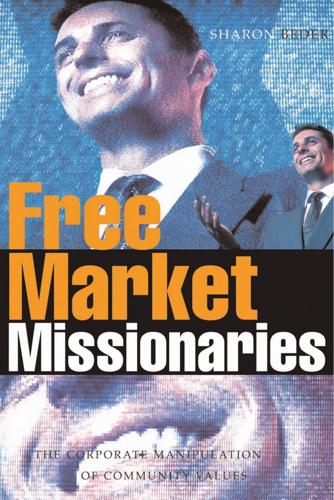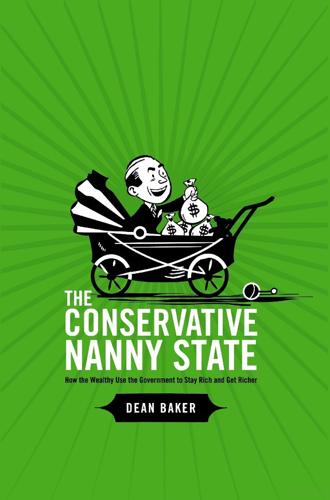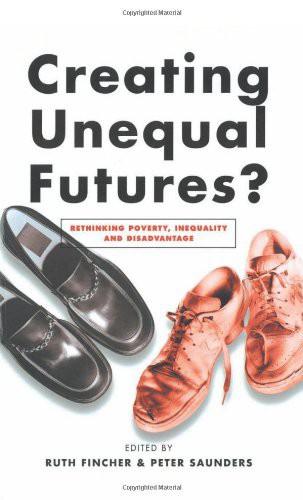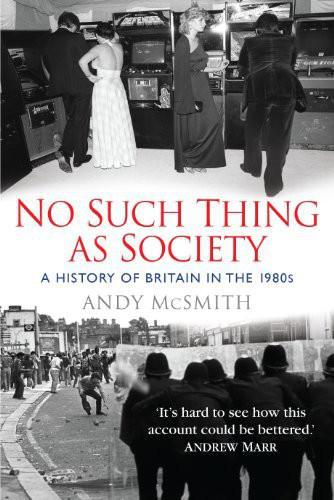
Free Market Missionaries: The Corporate Manipulation of Community Values
by
Sharon Beder
Published 30 Sep 2006
Likewise, in Australia a couple of years later, as the number of Australian shareholders increased, the ABC news had replaced its sports anchorperson with a business reporter, and the best-selling book was Rich Dad, Poor Dad, which was about how to make money through investment. John Budd, ABC’s national editor, called business and finance ‘the main participation sport for most Australians’.15 In addition, finance programmes were increasingly featured on popular television channels.16 Adele Horin in the Sydney Morning Herald noted: The spread of share ownership to the middle class is changing how we spend our time, what we talk about, celebrate, worry about. It has even changed what we watch on television . . . The perspective of a shareholder is different from that of a citizen without a portfolio. Mesmerised shareholders can begin to believe rising unemployment is good because it boosts share prices, and applaud a tax system that continues to treat shares and dividends far more favourably than wages.
…
Thomas Frank points out that: ‘Belief that a democratic system functions may provide a false sense of comfort to the public, to wit, that the managers – who, after all, exercise substantial power over our lives – are responsive to a governance process that we understand from another context.’6 By representing shares as the major source of wealth of a nation’s elites and showing that this route to wealth is accessible to anyone, the inequality produced by the free market is legitimized. Shares are portrayed as a major mechanism for wealth sharing and widening social inclusiveness. Pension and superannuation schemes, managed funds and employee share schemes give working people access to this route to riches and enable business people and financial journals to extol the spread of share ownership as a sign that capitalism is indeed benefiting everyone. However, it is a distorted picture that business interests paint, because ownership of a few shares in a mutual fund is not a route to wealth. As share prices rose in the 1990s, it was the wealthy people, who owned most of the shares already, who became wealthier.

The Conservative Nanny State: How the Wealthy Use the Government to Stay Rich and Get Richer
by
Dean Baker
Published 15 Jul 2006
No one would buy shares in a corporation if he or she thought that the management was free to simply steal their money. For a variety of reasons, the mechanisms that once placed a check on the ability of corporate management to pilfer money for its own use have broken down. This may be partly attributable to the spread of share ownership, so that instances where a single family maintains control of a major corporation (and therefore can keep its management in line) are less common. It may also be partly attributable to changing morals in the larger society, so that unchecked greed is more acceptable. But the causes of the breakdown don’t matter as much as the remedies.

Creating Unequal Futures?: Rethinking Poverty, Inequality and Disadvantage
by
Ruth Fincher
and
Peter Saunders
Published 1 Jul 2001
The secondary investment circuit identified by Froud and her colleagues is responsible for intensifying inequality and unstable labour demand. This occurs because ‘shareholder value’ is the dominant criterion guiding saving and investment. The pursuit of shareholder value causes endless restructures and cost shifting exercises which adversely affect the workforce. Far from solving the problem, the spread of share ownership and of privately based superannuation actually destabilises the situation further. As Froud and her colleagues put it: what we have is a Keynesian paradox about the unequal society where the pursuit of individual security through investment in the capital market spreads collective insecurity through labour market redundancy and reemployment which is part of restructuring.

No Such Thing as Society
by
Andy McSmith
Published 19 Nov 2010
Having converted, TSB bought another bank, Hill Samuel, just before the stock market crashed in 1987. Three desperate years later, despite all the promises made before the flotation, it closed the separate Scottish operation. In 1995, TSB was taken over by Lloyds. But these problems lay in the future. At the time, the flotation of Abbey National was one more development in the spread of share-ownership that began with the sale of British Telecom. The Thatcher government stumbled on this, its f agship policy, rather late. Before 1983, it sold off bits and pieces of state-owned enterprises, including 51 per cent of British Aerospace, Cable and Wireless and Britoil, a company created by the Labour government to produce and sell oil from the North Sea.